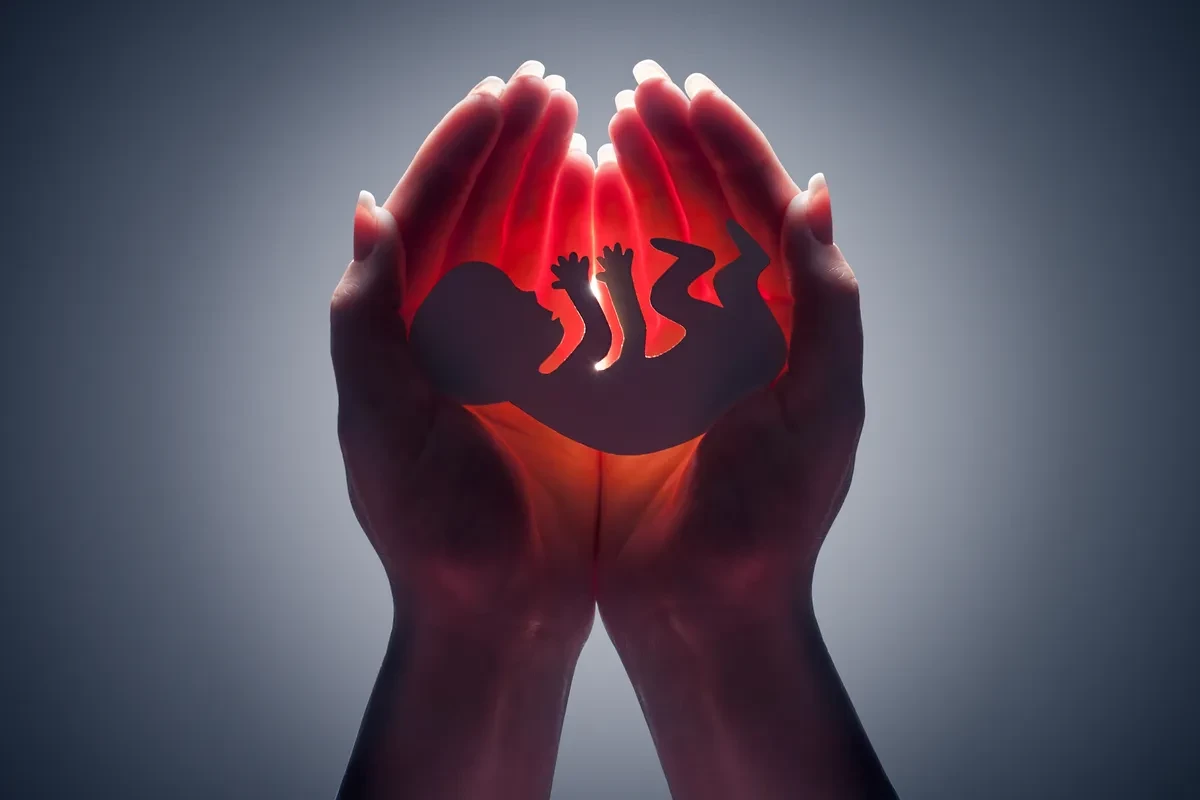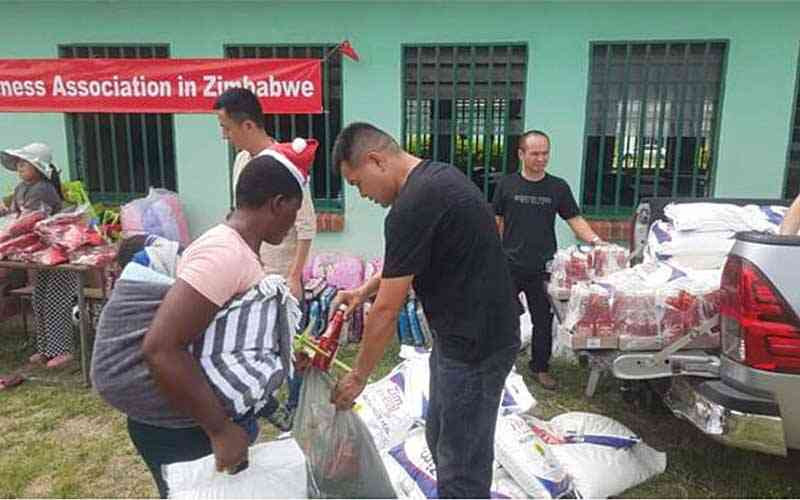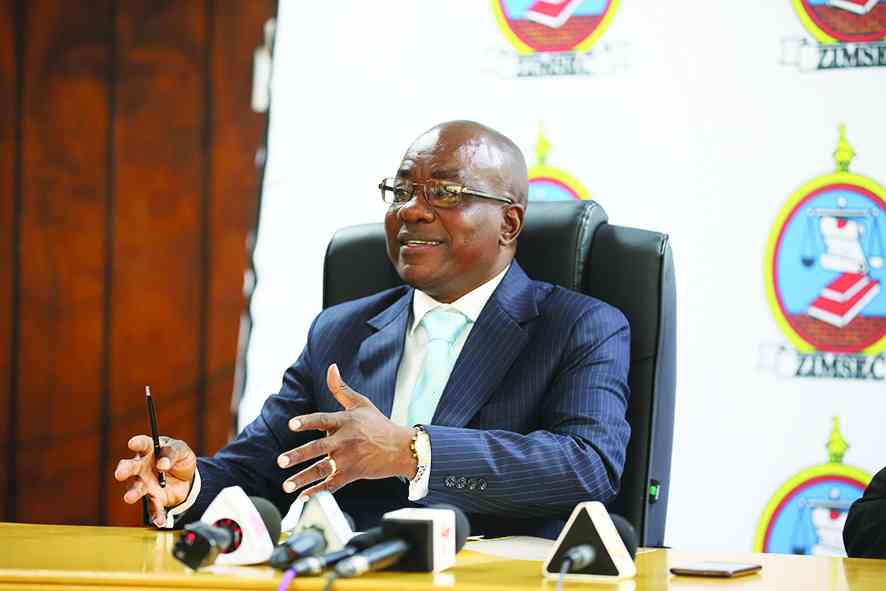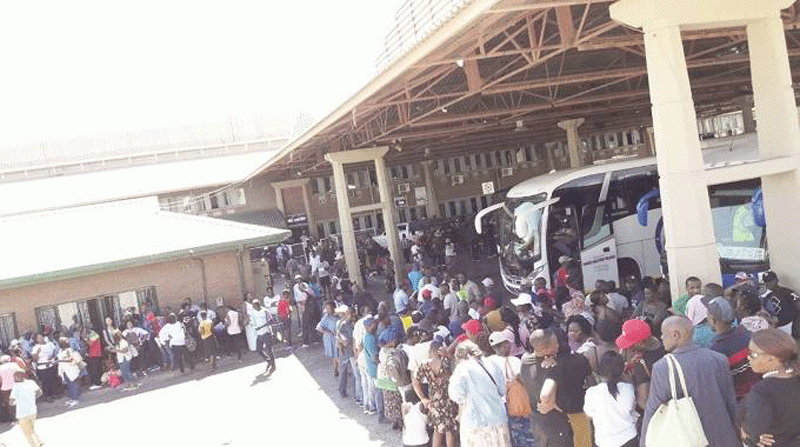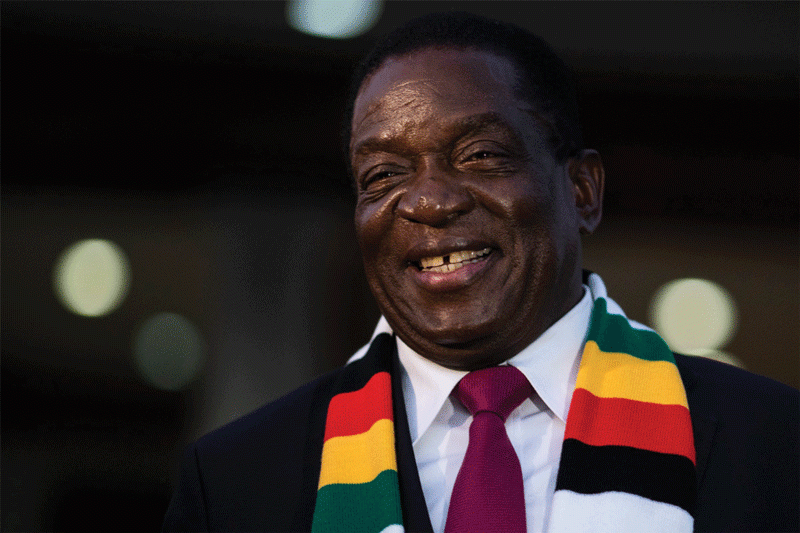
“THE welfare of the people is the highest law,” goes a popular Latin maxim by Roman philosopher Marcus Tullius Cicero – who lived in the period 106BC to 43BC – that has been adopted by several cities and towns in the United Kingdom and the United States, and emblazoned on their crests.
By NewsDay
It contends that the safety and welfare of people is the utmost responsibility of the political leaders.
In a review of the Crisis and Constitutionalism: Roman Political Thought from the Fall of the Republic to the Age of Revolution, by Benjamin Straumann; New York: Oxford University Press, 2016, David Dyzenhaus says even “constitutionally-entrenched rights afford people only a limited protection against the State”.
“When the safety of the people is under threat in an emergency situation, the law that governs is not the law of legally entrenched rights, but a judgment by some powerful office holder, for example, the President, about what it takes to secure the safety of the people. Rights are, therefore, neither inalienable nor illimitable since some body or person may legitimately strip people of their rights or severely limit their rights in at least one kind of situation, the situation of an emergency.”
So, last month, Zimbabwe found itself in the grip of civil unrest after President Emmerson Mnangagwa raised the prices of fuel by 150%, triggering another round of price increases of goods and services.
Wages, meanwhile, did not move an inch as government continues to hold on to the fallacy that its bond note currency enjoys the same value as the United States dollar.
As the stayway, called for by the Zimbabwe Congress of Trade Unions, became violent (the jury is still out on how the spontaneous violence broke out countrywide or if a very visible third force was behind the riots), Mnangagwa’s government made a call to justify Cicero’s theory that in times of political stress, people should not count on the law and the Constitution to save them.
- Chamisa under fire over US$120K donation
- Mavhunga puts DeMbare into Chibuku quarterfinals
- Pension funds bet on Cabora Bassa oilfields
- Councils defy govt fire tender directive
Keep Reading
So Mnangagwa called in the army who, according to human rights groups, killed 12 people while nearly 90 were treated for gunshot wounds.
A thousand others were beaten to within inches of their lives and churches and hospitals became sanctuaries for the violence victims.
Witnesses say the atrocities included night-time raids on homes of and arbitrary assaults of alleged protesters, while many women were allegedly raped by the marauding soldiers.
All this was perfectly legit, said Mnangagwa.
“We have been accused of using disproportionate force, but these protesters were burning down police stations and various infrastructure including toll-gates along our highways,” he told journalists on Wednesday last week.
Reports suggest that only two police stations were destroyed during the protests – in Marondera and Makoni while the Skyline tollgate along the Beatrice Road was razed.
So the price to pay for such destruction was 12 lives, according to human rights groups (or three according to a police account) and more then, Mr President.
In Zimbabwe, there is no worse label than being labelled mini Robert Mugabe.
But in the 14 months since Mnangagwa took over the Presidency after the military pushed Mugabe out, he is outdoing his mentor in cruelty stakes.

